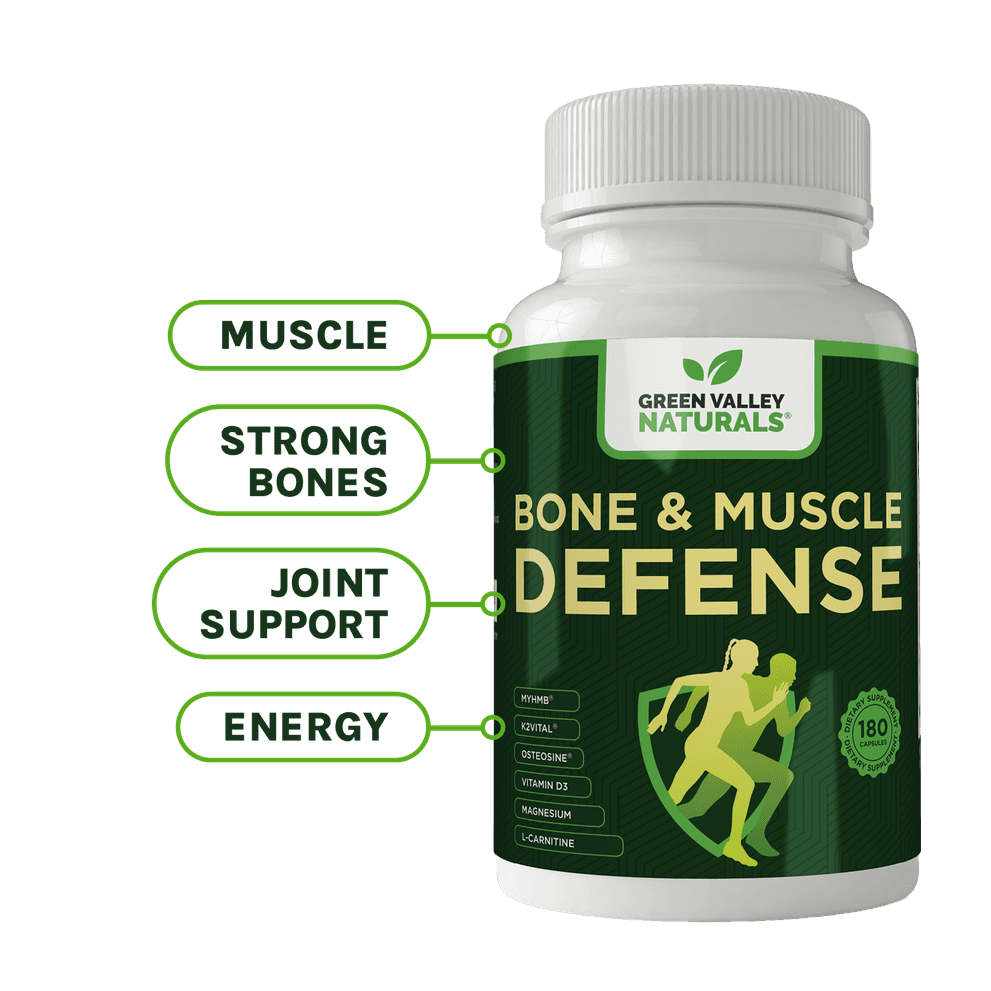
Despite the frustration many would-be weight losers feel, researchers say there are measures you can take that will help you eliminate extra weight and keep it off with a few simple changes in daily habits. Instead of changing what you eat, change the way you eat.
Noises Off
A study at Brigham Young University and Colorado State shows that you can use the noise your mouth makes while you’re eating to help you eat less and lose weight.According to these researchers the “crunch effect” of hearing your food being torn apart by your teeth and staying aware of those sounds can help you put down your fork and stop eating sooner.
To get the full benefit of those crunches, they say you have to eat in a quiet environment – turning down the volume of your TV (or turning it off entirely) or eliminating loud music during mealtime. Otherwise, those sounds make you unable to hear yourself chew.
“For the most part, consumers and researchers have overlooked food sound as an important sensory cue in the eating experience,” says researcher Gina Mohr.
In their tests, the Brigham Young scientists discovered that people who couldn’t hear the sound of their chewing consistently ate more food. They also say that focusing on how your food tastes and its “mouth feel” also helps restrict your eating.
“Mouth feel,” by the way, isn’t a phrase these guys pulled out of a hat. It’s actually a concept that experts in food (and eating) use to denote the way different foods feel to the mouth. For example, black coffee has a different mouth feel from coffee with cream, because the fat molecules in cream are thick and “round” – and oily, of course – while black coffee has a thin, watery feel.
The lesson in all this is to pay attention to your food and you’ll not only enjoy it more, you’ll feel satisfied with less food.
“When you mask the sound of consumption, like when you watch TV while eating, you take away one of (the sensations caused by food) and it may cause you to eat more than you would normally,” says researcher Ryan Elder. “The effects may not seem huge – one less pretzel – but over the course of a week, month, or year, it could really add up.”
Mindful Eating
Eating mindfully – paying your full attention to every mouthful and the way it makes you feel – is advocated as a way to hold your weight down.As Deepak Chopra, the famous health author, points out, most of us don’t make mindful choices about what we eat. We follow mindless whims while letting ads for fast food and junk food influence our food consumption. “Lured by the three addictive tastes of sweet, sour, and salty,” he says, “we think we are making choices with our minds when in fact the persistent message from our taste buds – along with mass media – have made the American diet mindless for millions of people.”1 When you eat mindfully, he emphasizes, you don’t put more food into your mouth until you have swallowed the previous mouthful. And you don’t distract yourself while you eat by reading, watching TV or listening to music.
Lynn Rossy, a health psychologist at the University of Missouri, adds: “Mindful eating means choosing food that will satisfy you and nourish your body.”
That means paying attention to your feelings of satisfaction and the way your hunger dies down when you eat. She says that if you slow your eating and focus on your hunger as you eat – for instance, pausing about half-way through your meal –you can better control how much you consume.
Research in Japan supports this notion. Scientists found that people who eat more slowly weigh less and also are less likely to develop heart disease and diabetes. In the five-year study, fast eaters gained more weight, had higher blood sugar and bigger waistlines.2
Grab-and-Go Meals are Not a Good Idea
One of the most important measures you can take to control your eating is to avoid eating on the go. A study at the University Surrey in England shows that when you grab food on the go, you are more vulnerable to eating greater amounts later in the day. Moving around while eating is too distracting for your mouthfuls to be satisfying.“Any form of distraction, including eating at our desks, can lead to weight gain,” says researcher Jane Ogden. “When we don’t fully concentrate on our meals and the process of taking in food, we fall into a trap of mindless eating.”
Along with following these eating tips, getting some exercise into your lifestyle is also necessary to keeping your weight under control. And while walking is a great aerobic exercise that anyone can do every day, incorporating a bit of weight lifting into your weekly routines can help you retain muscle tissue while eliminating more fat when you lose weight.
An 18-month study at Wake Forest University involved 249 overweight people in their sixties. The results showed that lifting weights while dieting – even light weights — can help you burn more calories by keeping up your muscle mass. Muscles burn off extra calories even when you’re not exercising, so the more muscle tissue you have, the more calories you use up.3 Another thing to keep in mind when you think about losing weight is that taking off pounds reduces your risk for a number of diseases. A recent review of research into the links between weight and cancer, for instance, shows that a wide range of cancers are linked to carrying around extra pounds.4 It’s a simple fact,: Reduce your weight, and you reduce your chances of illness.

